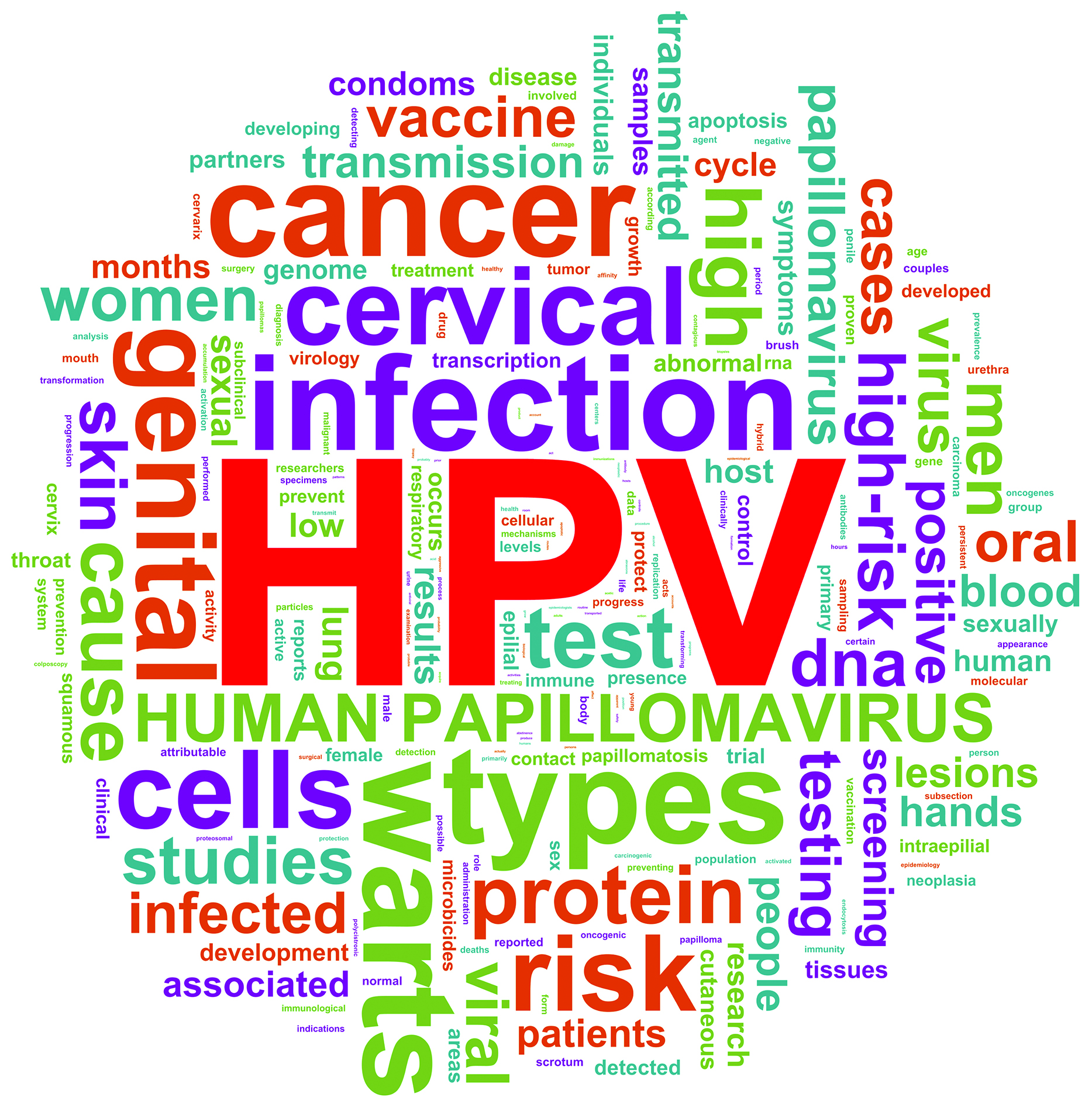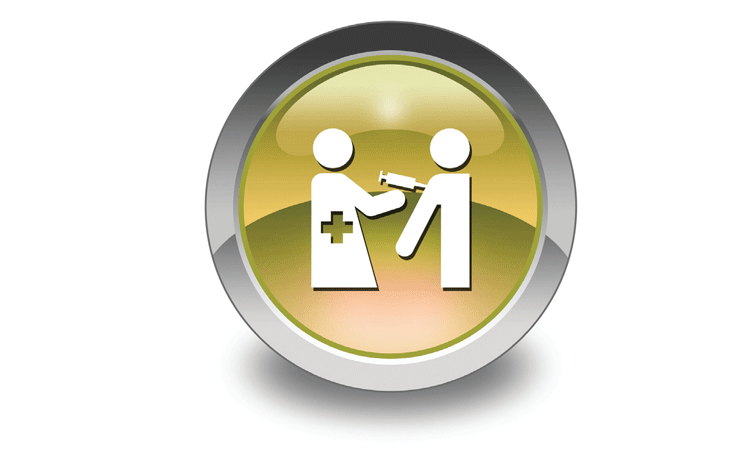
Health News
Features
-
Protect Yourself, Loved Ones With a Flu Shot
As families begin to prepare for fall festivities, the Florida Department of Health recommends adding one more thing to your to-do list this season—getting a flu shot! The flu shot is the best way to protect families and communities against the spread of influenza. Those who get the flu shot early decrease the risk of…
-
It Takes a Community
We Care of Central Florida’s Project Think Pink Helps Uninsured Women Get Screening, Treatment by TERESA SCHIFFER Did you know that one in eight women in the United States will be diagnosed with breast cancer in her lifetime? Breast cancer is the most commonly diagnosed cancer in women and the second-leading cause of cancer death…
-
Misinformation Is Contagious: Sort Fact From Fiction on the HPV Vaccine
Vaccinations are important shots that people need to get to protect against serious diseases. You may have heard reports on the news recently about the Human Papillomavirus (HPV) vaccine. With all the buzz, it can be hard to sort fact from the fiction. Test your knowledge by taking our quiz and learn how to ensure…
Columns
-
Medical Advice: Your flu prevention to-do list
AS YOU GATHER your “to-do” lists and prepare for the holiday season ahead, the Florida Department of Health in Polk County recommends you add one more important step — get a flu shot! The flu shot is the best way to protect our families and communities against the spread of influenza. When you make it…
-
Family Health: Flu shots for seniors
HE FLU is nothing to sneeze at. According to the U.S. Centers for Disease Control and Prevention, approximately 200,000 people will be hospitalized this year with the influenza virus, and it has been estimated that 50 to 70 percent of those hospitalized are people age 65 and older.
-
Word of Mouth: Your dentist is key to early cancer detection
IT SEEMS LIKE you hear about many different kinds of cancers these days, but one that isn’t being talked about enough is oral cancer. Cancer in the mouth and throat are diagnosed in nearly 50,000 Americans a year, and statistics show that only 57 percent of those diagnosed still will be living in five years.





